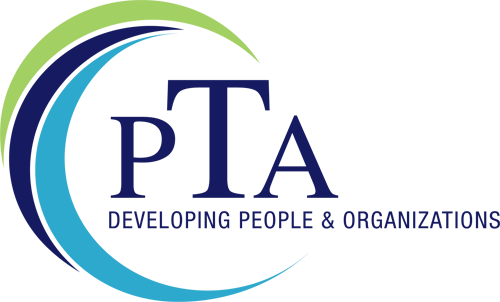The architecture of the brain comes to represent the architecture of the social environment

For many years, research into ‘looking after children in care’, has found that a clear ethos or philosophy, along with strong leadership are the most consistent factors in services that achieve the best outcomes. What used to be termed a philosophy or ethos of care is now often referred to as a model of care. Whether we are talking about care, therapy, or teaching, having a clear model is essential.
This service is led by Patrick Tomlinson & is available internationally. He works with organizations so that they create & have ownership of their unique therapeutic model. He believes that creativity & ownership are central to model development.
His deep knowledge of the development of therapeutic models and his vast field experience made us believe that, in Portugal, and in our Residential Service it would be possible to start this process of changing the paradigm of generalist residential care. The technical and scientific support he provides is incredible.
Ivone Soares de Almeida - Technical Director, Porto, Portugal
The Development of Therapeutic Models in Services for Children & Young People
Whole-system therapeutic models have been shown to have a significant impact on achieving positive outcomes in trauma services. They are especially important in services for children & young people who have suffered from trauma & other adversities. In some countries, governments will not place children & young people with organizations unless they have a clear research-informed model.
From 2021-2025, Patrick has supported Uniting’s Therapeutic Model of Care project from creation to implementation. Uniting is a large umbrella organization in Australia, combining 22 organizations, and 7000 staff and volunteers, and impacting the lives of thousands of service users every year. As the lead development consultant and member of our external advisory group, Patrick provided contemporary and trauma-informed advice supporting the model design, development, and implementation.
Tymur Hussein - Consultant, Developer, & Project Leader, Melbourne, Australia
Ask a question or
Book a free meeting
Who is it for?
Organizations that provide residential & foster care services for children & young people can all benefit from this. The Model Development can be carried out online for organizations anywhere in the world. On-site visits can also be arranged to support the project.
What are the key benefits & value?

- A clear model framework increases safety and reduces risk.
- An articulated model clarifies the task and reduces confusion. This leads to a higher level of congruence, with improved outcomes for all stakeholders. A model creates a shared language and processes, which helps integrate different professional disciplines.
- It is highly beneficial for organizations to understand trauma and how to respond to it. This is becoming trauma-informed.
- Greater consistency and quality of professional and organizational development. Improved performance, funding, and cost-efficiency.
- The development work is a helpful way of reviewing the organization’s culture and practice.
- The work involved will be a positive experience of team building - creating a shared vision, values, and commitment. The involvement of the organization in the creation process will lead to a high level of engagement and ownership.
- A high-quality model will further consolidate the organization’s position – in terms of being a high-caliber service provider, attracting referrals, funding, and good-quality staff.
- Holding a conference, and publishing papers/a book all help to establish the organization as a leading authority in the field.
- In some countries having an articulated therapeutic model is becoming a regulatory requirement, influencing the placement of children. Therefore, not having a model could jeopardize an organization’s future.
How does it work?
We will work together to create a therapeutic model based on a whole-system approach. It will be culturally sensitive, & research-informed. Patrick Tomlinson has international experience in the creation of therapeutic models. He has been involved in the creation and implementation of over 10 models in several countries. Several therapeutic models Patrick has worked on have gained national and international recognition.
A lack of a model often leads to inconsistency & confusion | Without a model, the strongest research-informed approaches may not be matched with children & young people’s needs | A strong model improves teamwork & cohesion across the organization | It is an integral part of organization values, vision, & mission.
The key to the success of the work has been the way we have established a strong working relationship across international boundaries. Patrick has brought a variety of essential skills to the projects that we have worked on. He has demonstrated great knowledge and expertise, reliability, high-quality work, and has always delivered on time.
Rudy Gonzalez - Executive Director (Former), Lighthouse Foundation, Australia
A full model document underpinned by research-informed theory is produced. All organizational policies, protocols, & practices are reviewed & aligned with the model.
How we work together will be agreed according to your needs. For example, do you need a mentor/consultant to support your work? Or do you need a more in-depth process of co-creation? There is considerable flexibility in time & cost according to your needs. Usually, the process follows this pattern:
Year 1 - model creation | Year 2 - model implementation |
Year 3 - model establishment | Year 4 onwards - continuous improvement
Click on the title to download the Free PDF articles by Patrick Tomlinson:
What a Therapeutic Model is and Why it is Important to Have One (2019, revised 2025)
Framework for the Development of a Therapeutic Model (2025)
Therapeutic Model Development: Creativity, Ownership, and Authority (2022)
Next Steps - If you have a question please use the button below. If you would like to find out more
or discuss a particular requirement with Patrick, please book a free exploratory meeting
Ask a question or
Book a free meeting













